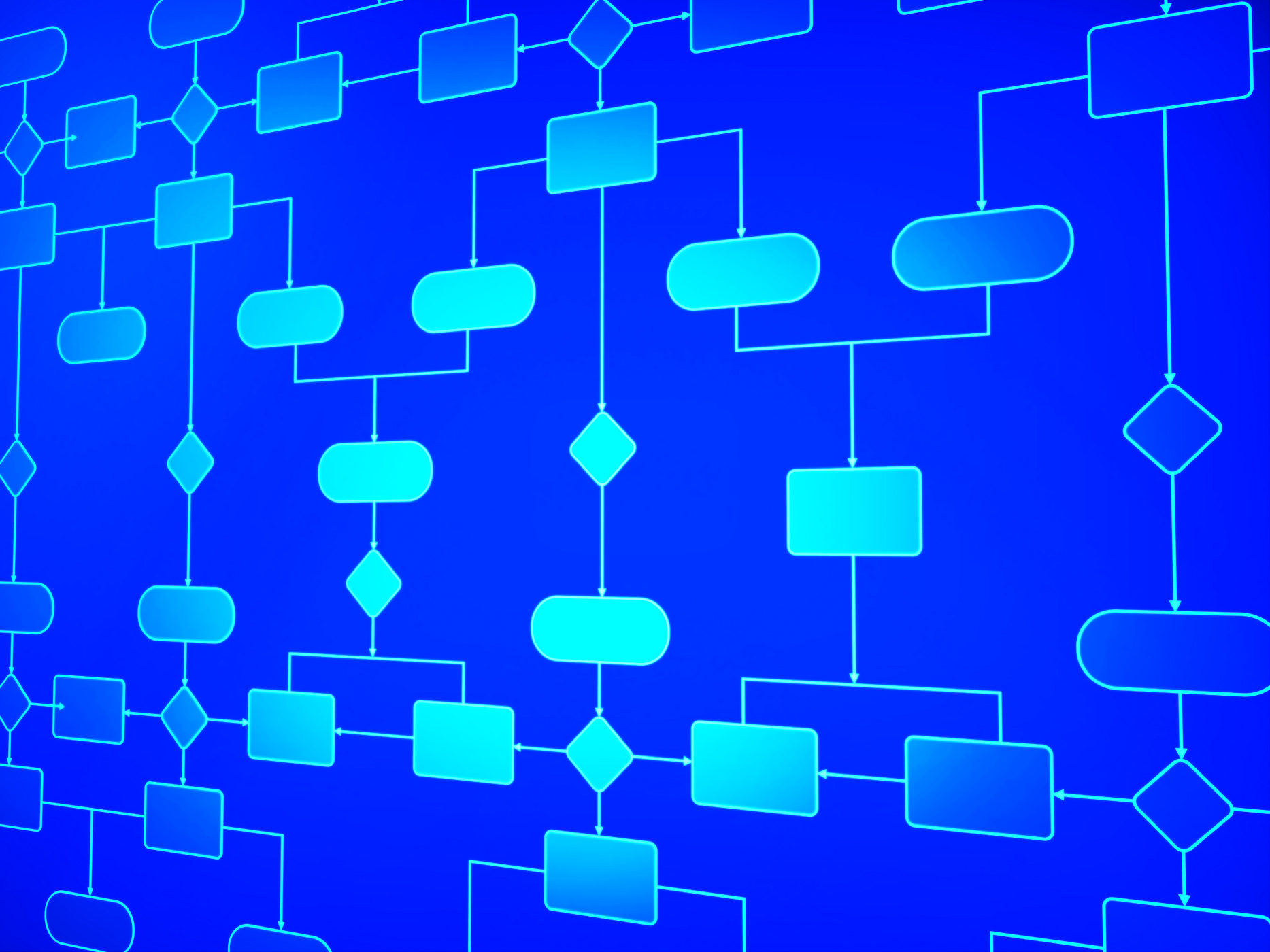

A decentralized autonomous organization (DAO) is a digital platform or system that operates using a set of predetermined rules and protocols, without the need for central authority or decision-making bodies. Instead, decision-making power is distributed among the members or stakeholders of the organization, who use blockchain technology to reach consensus and make decisions.
DAOs have gained popularity in recent years due to the emergence of decentralized finance (DeFi) and the increasing adoption of blockchain technology. They offer a new model for organizing and governing online communities and businesses, enabling individuals and organizations to collaborate and make decisions in a transparent, secure, and decentralized manner.
Decentralized governance models refer to the way in which decisions are made and implemented within a DAO. These models can vary widely, depending on the specific goals and objectives of the organization and the stakeholders involved. Some common decentralized governance models include:
Token-weighted voting: In this model, stakeholders are given voting rights proportional to the number of tokens they hold. This gives more influence to those who have a larger stake in the organization.
One token, one vote: This model gives each stakeholder an equal number of votes, regardless of the number of tokens they hold. This approach is more democratic and gives everyone an equal say in decision-making.
Delegated voting: In this model, stakeholders can delegate their voting rights to a representative, who can then make decisions on their behalf. This allows for a more efficient decision-making process, as representatives can gather input from their constituents and make decisions on their behalf.
Liquid democracy: This model combines elements of token-weighted voting and delegated voting, allowing stakeholders to either vote directly or delegate their vote to a representative.
Decentralized governance models can also incorporate smart contracts, which are self-executing contracts with the terms of the agreement written into lines of code. Smart contracts can be used to automate decision-making processes, enforce rules and regulations, and facilitate the transfer of assets within a DAO.
One of the key benefits of DAOs and decentralized governance models is their transparency. All decisions made within a DAO are recorded on the blockchain, making it easy for stakeholders to see how decisions are being made and hold representatives accountable. Additionally, because there is no central authority, there is less opportunity for corruption or manipulation.
DAOs also offer a level of flexibility and adaptability that traditional organizations may not have. Because they are decentralized and operate on predetermined rules and protocols, they can quickly adapt to changing circumstances and market conditions.
Despite their potential benefits, DAOs and decentralized governance models also have their challenges. One of the main challenges is the complexity of implementing and managing these systems. Because they rely on blockchain technology and decentralized networks, there is a learning curve for stakeholders to understand and participate in the decision-making process.
Another challenge is the potential for polarization and conflict within the organization. Because decisions are made through consensus, it can be difficult to reach agreement among stakeholders, especially when there are competing interests or objectives.
Overall, decentralized autonomous organizations and decentralized governance models offer a new way of organizing and governing online communities and businesses. While they have their challenges, they have the potential to improve transparency, accountability, and adaptability in decision-making processes.
210 5th Ave
New York, NY 10010, USA
+1 (424) 332-8361
Jana Pawla II 27
00-867 Warsaw, Poland
+48 792 747 357
© 2025 Inbound Marketing and BI Agency for Programmatic companies. All rights reserved.